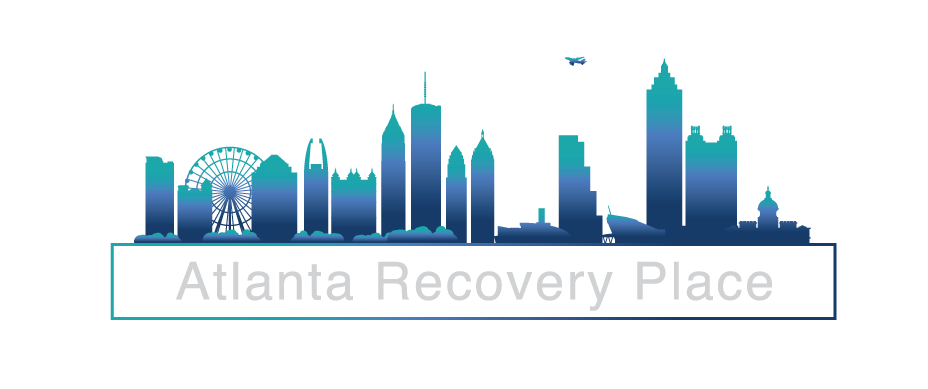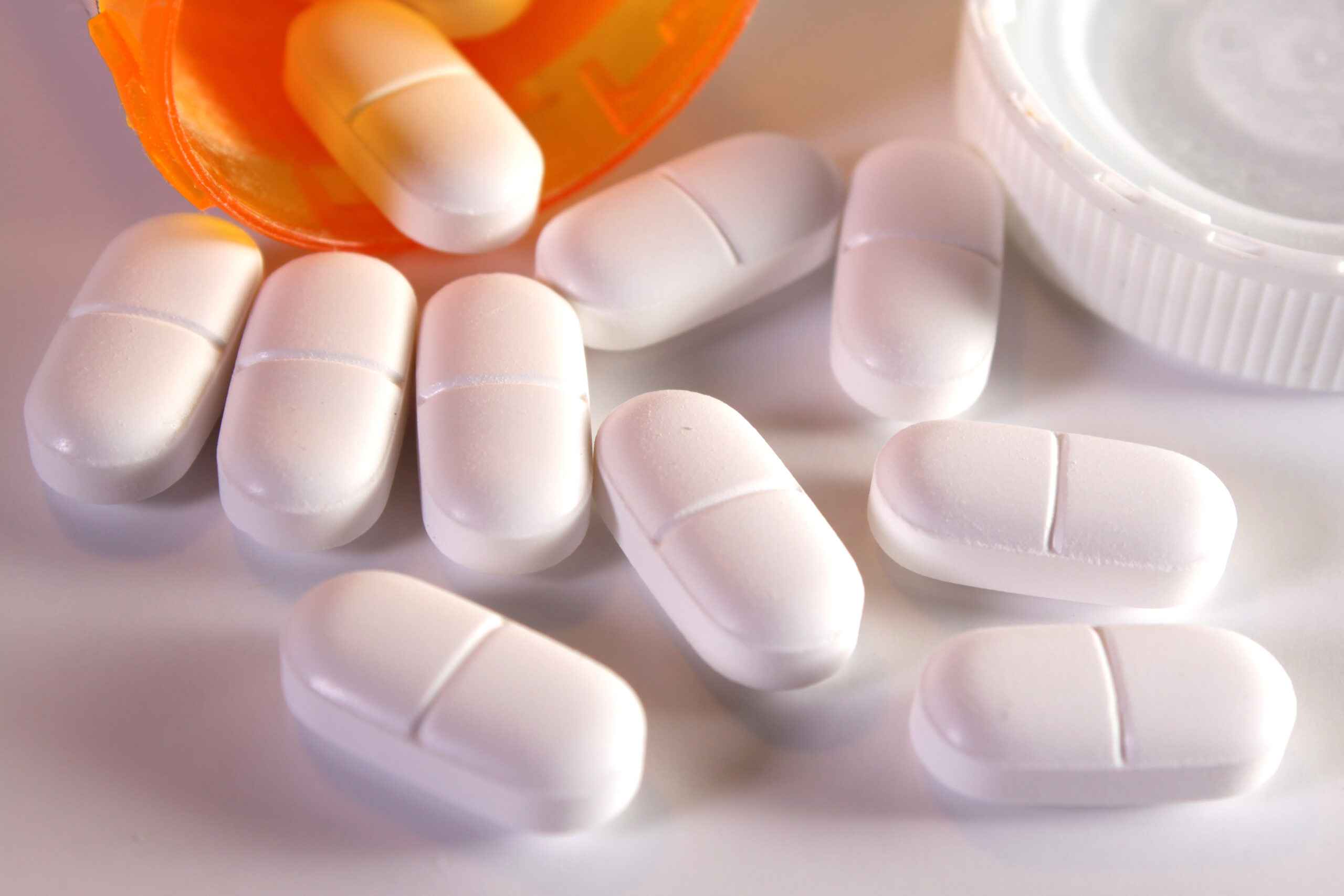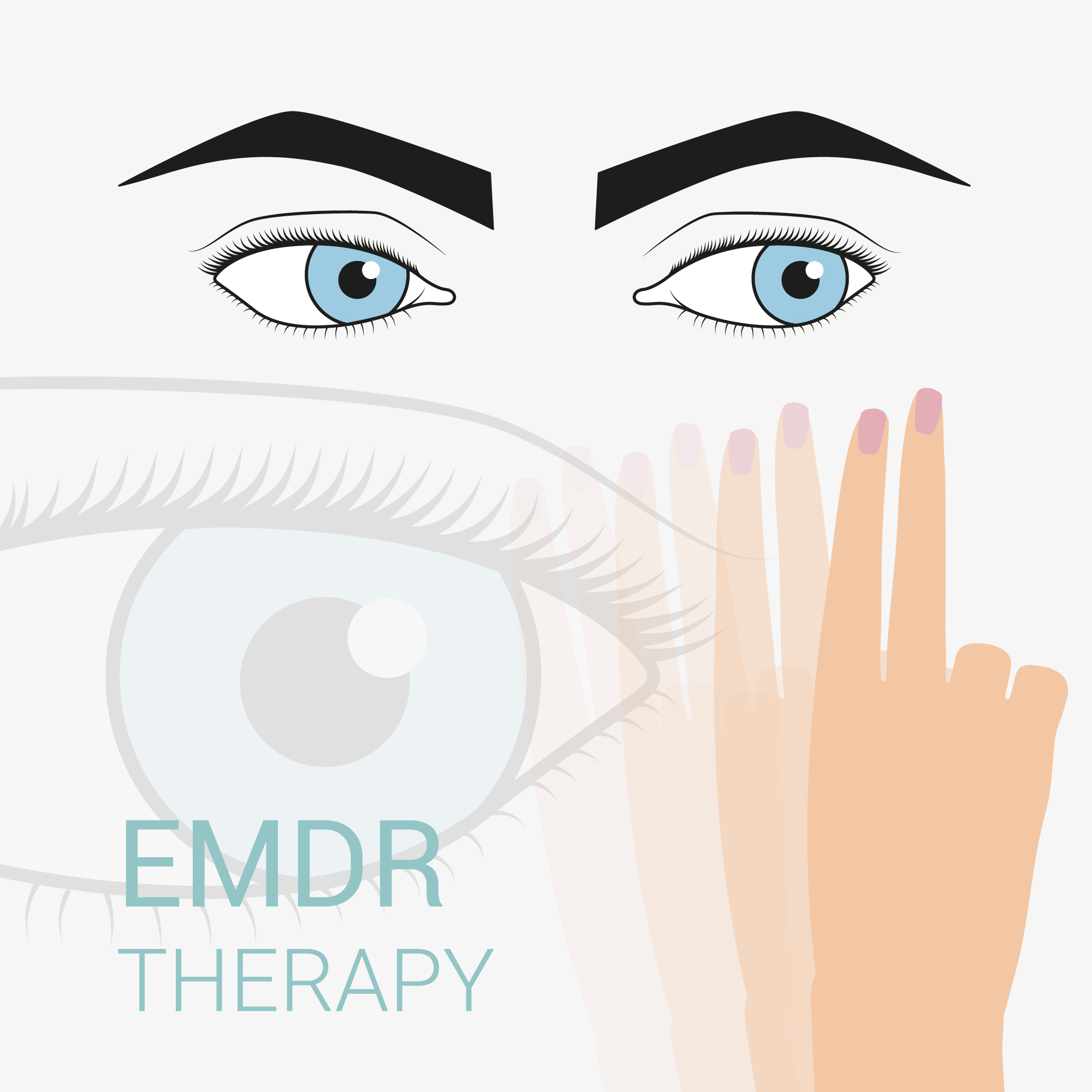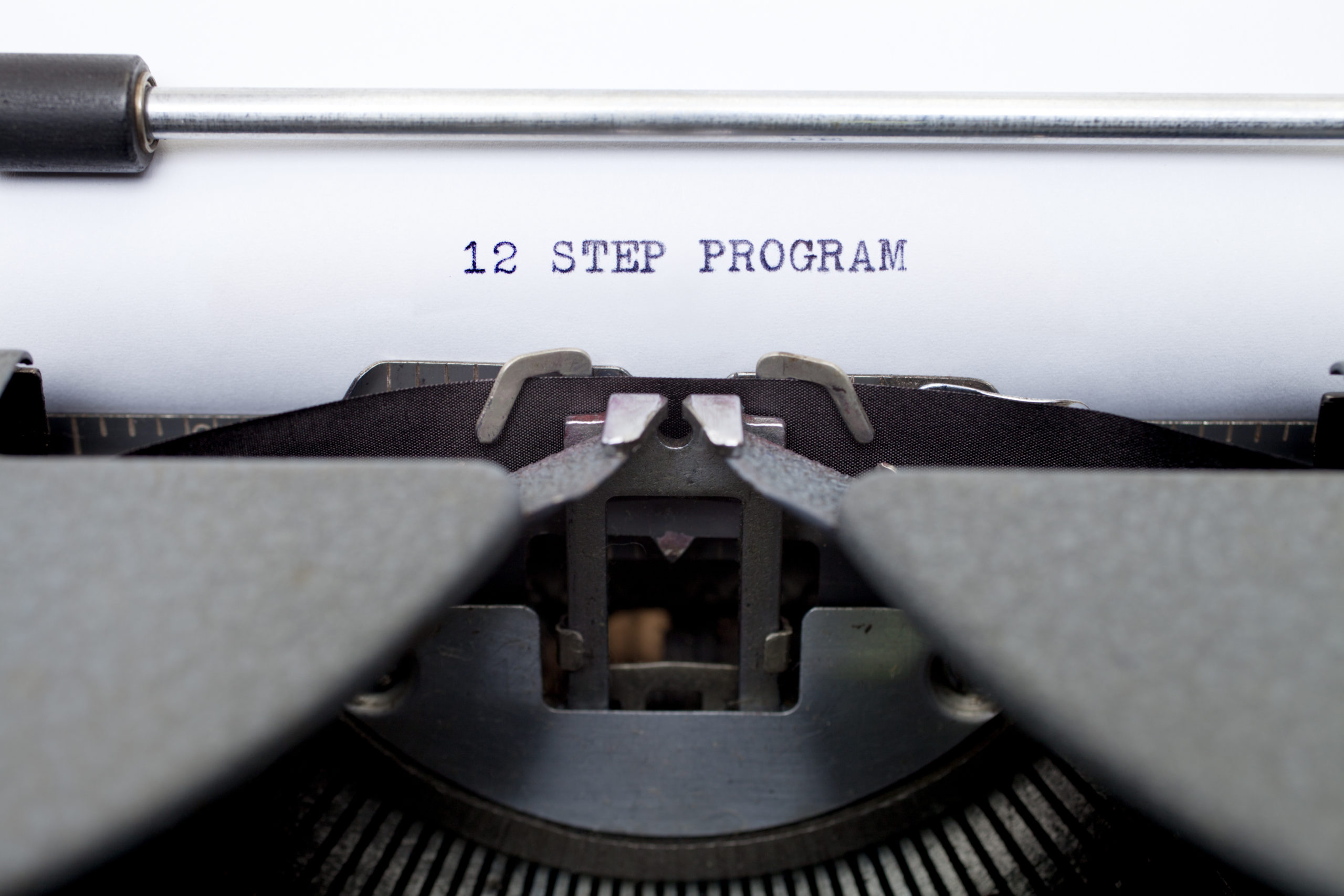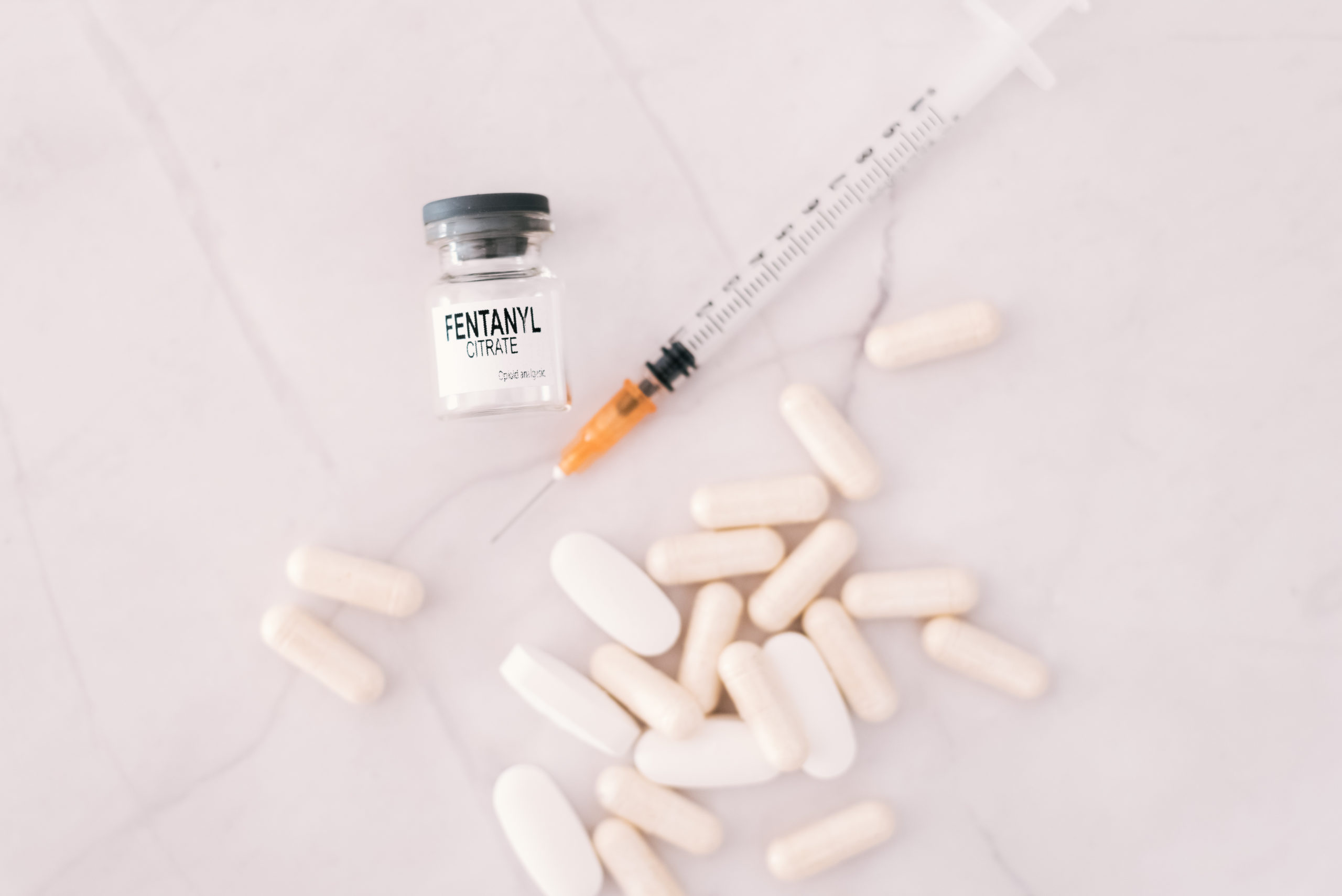Addiction is a severe problem that affects millions of people worldwide. It is a disease that can significantly impact not only the individual but their loved ones. Watching a loved one struggle with addiction can be challenging. However, it’s essential to understand that addiction is a disease, not a choice. With the proper support, recovery is possible.
Atlanta Recovery Place is an alcohol rehabilitation facility that helps individuals reflect and reconnect with themselves and their families following the struggles of addiction.
Learn more today about how to help a loved one with addiction at Georgia recovery center.
The Impact of Addiction on Loved Ones
Addiction affects not only the individual but also their loved ones. It can cause emotional stress, financial strain, and relationship problems. Addiction is a disease that can significantly impact all aspects of an individual’s life, including their work, education, and social life. The effect of addiction on loved ones can be severe. Unfortunately, it’s not always easy to see the signs of addiction.
Signs of Addiction
It’s essential to recognize the signs of addiction to be able to help a loved one with addiction. Signs of addiction may include changes in behavior, mood swings, loss of interest in hobbies, neglecting responsibilities, and changes in appearance. It’s important to remember that addiction affects everyone differently, and not all individuals will show the same signs of addiction. However, when it comes to helping a loved one with addiction, identifying the signs and being aware of them can make all the difference.
How to Approach a Loved One About Their Addiction
Approaching a loved one about their addiction can be complicated and overwhelming. It’s essential to approach the situation with empathy, care, and concern. It’s crucial to let your loved one know that you are there to support them and want to help them get the help they need. It’s also important to be prepared for the possibility that they may not be ready to admit they have a problem or may not be prepared to seek treatment. Helping a loved one with addiction might simply be making them aware of the problem and giving them time to think about the different courses of action they can take.
Understanding the Different Types of Addiction Treatment
Different types of addiction treatment are available, and it’s essential to understand how to help a loved one with addiction through their recovery. Some common types of addiction treatment include detoxification, inpatient treatment, outpatient treatment, and support groups. Detoxification involves removing the substance from the body, inpatient treatment involves living at a treatment facility, outpatient treatment involves regularly scheduled appointments for therapy, and support groups involve peer support for individuals in recovery.
How to Support a Loved One Through Addiction Recovery
It’s essential to provide emotional support throughout their recovery. Educating yourself on addiction and recovery to better understand what your loved person is going through. You can regularly encourage your loved one to attend therapy and support groups and help them to avoid triggers that may cause relapse.
Coping Strategies for Family and Friends of Addicts
Coping with a loved one’s addiction can be complicated and overwhelming. It’s essential to take care of yourself and practice self-care. Coping strategies may include seeking professional help, talking to a trusted friend or family member, joining a support group for family and friends of addicts, and setting boundaries.
Al-Anon is a support group specifically designed to support the loved ones of alcoholics. If you are worried and wondering how to help a loved one with addiction, a meeting might provide you with support and options.
Resources for Addiction Support and Treatment
There are many resources available for addiction support and treatment. Researching and finding the resources that best fit your loved one’s needs is essential. Some resources may include support groups like AA, therapy, inpatient treatment facilities, outpatient treatment facilities, and hotlines for addiction support.
The Importance of Never Giving Up on a Loved One
Addiction is a disease that can have a significant impact on not only the individual but also their loved ones. It’s important to understand that addiction is not a choice, and with the right support, recovery is possible. It’s crucial to approach a loved one with empathy, care, and concern and to educate yourself on addiction and recovery. It’s essential to support your loved one through their recovery journey, care for yourself, and seek professional help when necessary. Remember, never give up on your loved one; recovery is possible.
To seek support for your loved one today, contact Atlanta Recovery Place. Our comprehensive and supportive treatment facility can help you support your loved one with their addiction. Atlanta Recovery Place is a Georgia drug and alcohol rehab that can help.
